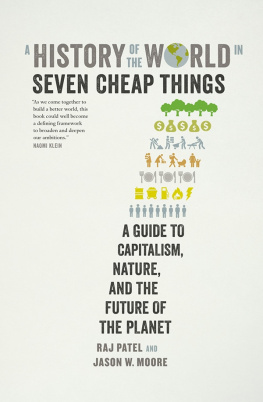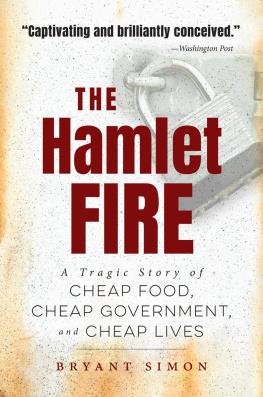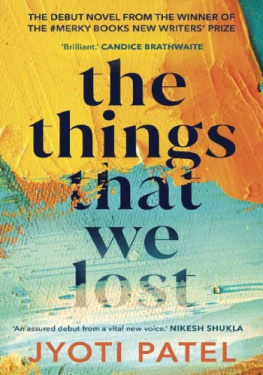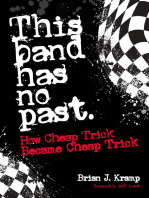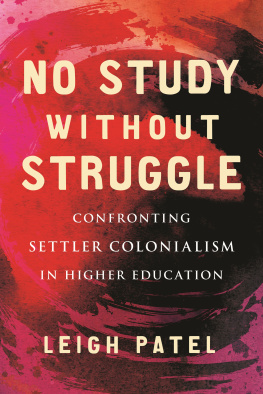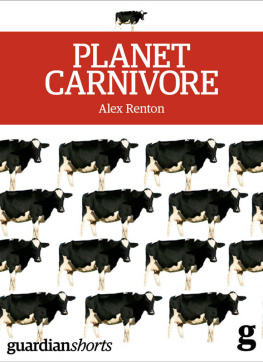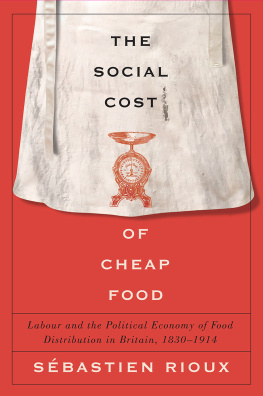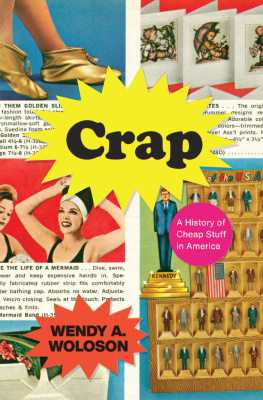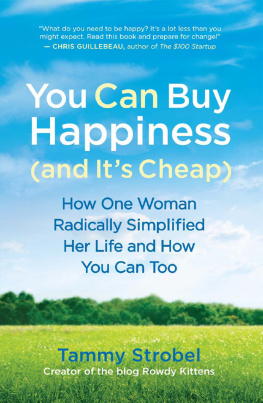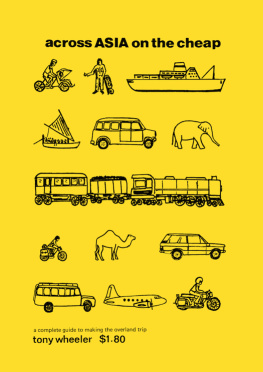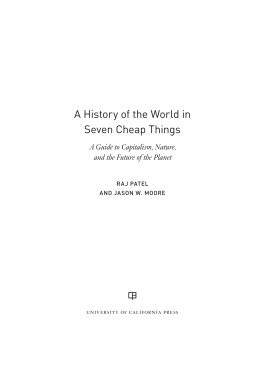PRAISE FOR A HISTORY OF THE WORLD IN SEVEN CHEAP THINGS
Raj Patel and Jason W. Moore have transformed cheapness into a brilliant and original lens that helps us understand the most pressing crises of our time. As we come together to build a better world, this book could well become a defining framework to broaden and deepen our ambitions. NAOMI KLEIN, author of No Is Not Enough and This Changes Everything
One of the most important works of political economy youll ever read. MARK BITTMAN, author of the How to Cook Everything series
A compelling interpretation of how we got to where we are now and how we might go on to create a more just and sustainable civilization. Its a vision you can put to use. KIM STANLEY ROBINSON, author of the Mars trilogy
Patel and Moore have provided not only an elegantly written and insightful narrative but also a path to imagining a noncapitalist future. ROXANNE DUNBAR-ORITZ, author of An Indigenous Peoples History of the United States
A powerful, well-argued, passionate counterpoint to the belief that we have transited to a post-capitalist world. SILVIA FEDERICI, author of Caliban and the Witch
A highly original, brilliantly conceptualized analysis of the effects of capitalism on seven key aspects of the modern world. Written with verve and drawing on a range of disciplines, A History of the World in Seven Cheap Things is full of novel insights. MARION NESTLE, author of Food Politics: How the Food Industry Influences Nutrition and Health
This book is a remarkable achievement: it makes the history of capitalism from Columbus to climate change into a page-turner. If youve been wondering how we got into this mess, what care work has to do with ecological crisis, why racism is intertwined with capitalism at the roots, Patel and Moore are the guides you need. SARAH JAFFE, author of Necessary Trouble: Americans in Revolt
Its remarkably rare that authors manage to find a really useful new lens through which to view the worldbut Patel and Moore have done just that, writing an eye-opening account that helps us see the startling reality behind what we usually dismiss as the obvious and everyday. BILL MCKIBBEN, author of Radio Free Vermont: A Fable of Resistance

Published by Black Inc.,
an imprint of Schwartz Publishing Pty Ltd
Level 1, 221 Drummond Street
Carlton VIC 3053, Australia
enquiries@blackincbooks.com
www.blackincbooks.com
Original edition published by University of California Press
155 Grand Avenue
Suite 400
Oakland, CA 946123758
Copyright Raj Patel and Jason W. Moore 2017
This edition published in 2018
The right of Raj Patel and Jason W. Moore to be identified as the authors of this Work has been asserted by them in accordance with the Copyright, Designs & Patents Act 1988.
ALL RIGHTS RESERVED.
No part of this publication may be reproduced, stored in a retrieval system, or transmitted in any form by any means electronic, mechanical, photocopying, recording or otherwise without the prior consent of the publishers.
9781760640460 (paperback)
9781743820438 (ebook)

Cover design by Lia Tjandra
Icons courtesy of Freepik
To Phil McMichael
Teacher, Mentor, Jester, Shark
Acknowledgments
In a book that seeks to understand how we have come to where we are, our acknowledgments must begin with our families and the extended webs of kin, love, intellect, and reciprocity that made it possible for us to be cared for as we wrote, made us care about what we wrote, and helped us understand far better what we were doing. We worked in the hope that our children might one day live within a different web of life.
The communities that made this book possible were vast, from the supporting colleagues seen and unseen at our respective institutions to those whose work made the pageor screenon which you read these words. At University of California Press, no reparation would be too great for Kate Marshalls championing of the book, the boards decision to accept it, our reviewers invaluable suggestions, or the toil of Bradley Depew, Dore Brown, and the design team. Were particularly grateful for the editorial choices that allowed us to work with Juliana Froggatt, who made this book far more sensible.
We wouldnt have had the chance to collaborate with the press had it not been for Caroline Eisenmann, Karolina Sutton, and Kris Dahl at ICM. And we wouldnt have had occasion to approach them had it not been for Mark Metzler, who in his time at the University of Texas at Austin brought Jason to Rajs door, making it possible for us to meet, plot, and ultimately write this book.
Raj: Again, thanks to Mark Metzler for the gift of getting to meet, and learning to see the world anew through, Jasonand then for providing us such valuable insights into our work at the University of Texas History Department seminar. Elsewhere on the forty acres, Eric Tang, Sharmila Rudrappa, Jason Cons, Bob Jensen, Billy Chandler, Karen Engle, and their colleagues in black studies, Asian American studies, anthropology, radio, television, film, and law were deep sources of inspiration. At the Lyndon Baines Johnson School of Public Affairs, Erin Lentz and Jamie Galbraith were kind enough to entertain strange ideas over beer, and Sydney Briggs suffered an early draft with grace and acuity. My terrific students indulged a semester of successive iterations of the arguments in this book, and Im pleased to recognize how much I owe Bryce Block, Leo Carter, Lucia Gamboa, Caitlin Goodrich, Jose Guzman, Ben Hirsch, Brian Jackson, Tim Knoedler, Josh Meuth Alldredge, Alex Payson, Bobak Reihani, Scott Squires, and Mary Vo. I owe a particular debt to the magnificent staff at the University of Texas at Austin Libraries, especially at the Benson Latin American Collection and Perry-Castaeda Library.
Conversations with Steven Tomlinson, Eugene Sepulveda, Tom Philpott, Rebecca McInroy and David Alvarez, Tim and Karrie League, Shawn Sides, and Graham Reynolds have always improved a project conceived in the academy. Malik Yakini, Kandace Vallejo, Bianca Bockman, Yotam Marom, Deirdre Smith Shabaaz, and the Wildfire Project board and team always asked the right questions, and the UC Berkeley geography shock troops, with brilliant graduate students ably directed by Gill Hart, Nathan Sayre, Richard Walker, Michael Watts, Comrade Boal, and the Retort collective, knew where to look for answers.
Versions of this book were shared with participants in a few venues, from the Unit for Humanities at Rhodes University (UHURU) seminar (at the University Currently Known as Rhodes University), always benefiting from Richard Pithouse, Vashna Jagarnath, and Michael Neocosmos, to two Initiatives in Critical Agrarian Studies conferences, through which Jun Borras made it possible to imagine completing this book. At the International Studies Association, Andrej Grubai led a merry panel, including Christopher K. Chase-Dunn, Barry Keith Gills, and Denis OHearn, in fine conversation.
An embarrassing list of people have read or heard slices of the book and shared how it might be improved. Deep thanks, then, to Kolya Abramsky, Rachel Bezner Kerr, Jun Borras, Zoe Brent, Chris Brooke, Harry Cleaver, Josephine Crawley-Quinn, Silvia Federici, Harriet Friedmann, Leland Glenna, Sam Grey, Shalmali Guttal, Friede Habermann, Naomi Klein, William Lacy, Phil McMichael, Daniel Moshenberg, Joe Quirk, Jackie Roth, Olivier De Schutter, Daniel Bowman Simon, John Vandermeer, and Ken Wilson for their time and wisdom.
Next page
